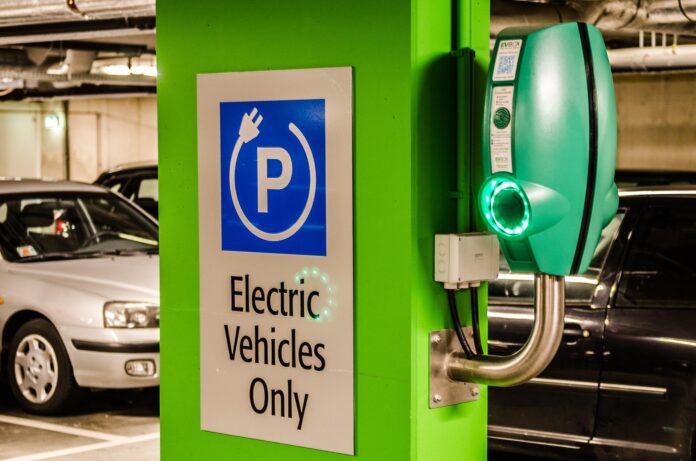A professor at Simon Fraser University says more upgrades to the province’s power grid will be needed for coming electric vehicles (EVs).
The suggestion comes after a recent BC Hydro report. It indicates EVs will be more available in 2023 as the supply chain rebounds and demand will be fully met in 2026.
According to SFU assistant professor of sustainable energy Taco Niet, B.C. can expect to have up to 2.5 million EVs on the road by 2040.
He says the energy load that will be required to power these vehicles will be much larger than we currently produce.
“If we were to electrify all of those we would need somewhere between six and nine terawatt-hours of electricity,” said Niet. “To put that number in context, Site C is going to provide about five terawatt-hours to B.C. So we’re looking at about one and a half to two Site C dams to meet the electrification of the vehicles we’re projecting to have in the province.”
According to Niet, a home uses around 50 to 75 kilowatt-hours every day. This means that a house uses around 4,000 kilowatt-hours in a year and gets close to megawatt territory.
“A million houses would be in the terawatt hour scale,” he said. “We’re talking about a lot of energy.”
An EV uses about 3.8 megawatt-hours per year, which Niet says is about on par with your house.
He adds that B.C.’s power system is in good shape with Site C being under construction, and adding the dam will give us more energy than is currently required.
However, Niet says we need to create more infrastructure fairly quickly to accommodate the surge in green technology.
He says the infrastructure in terms of chargers is going well, but what may be needed is a management system to keep the electrical demand from straining the power system too much.
“So maybe I plug my vehicle in and I tell BC Hydro ‘you don’t have to charge my vehicle until 8 o’clock at night once I’m finished cooking’ because my stove is also electrical,” he said. “So we need some smart technologies so we’re not cooking and charging our vehicles at the same time.”
While the many changes will be needed quickly, Niet says we need to begin and strategize how we will go about doing it.
“We need to continuously evaluate what we’re doing to make sure we have the best bang for our buck, and we need to do it relatively quickly as well because we want to decarbonize by 2050, and that’s only 30 years away,” he said.
Despite all the changes required, Niet feels that embedded carbon in building a hydro dam will be better spent than burning fossil fuels in a car.
Something going on in the Cariboo you think people should know about?
Send us a news tip by emailing [email protected].








